Heading to France from the USA soon?
Then, you'll need to be sure you're fully prepared. This handy guide rounds up the essential documentation you’ll need to take with you on your travels.
A useful tip: make sure to grab an iRoamly France travel eSIM before you go, so you can stay connected effortlessly and avoid the hassle of expensive roaming charges.
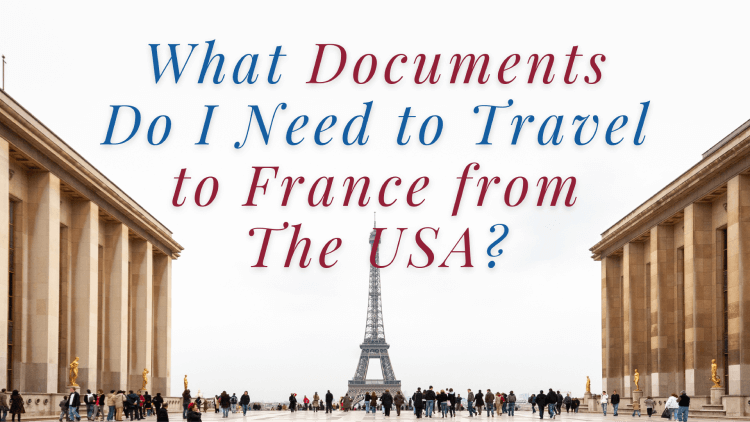
What Documents Do You Need to Travel to France from the USA?
Future Requirement Alert in 2025!
If you’re planning a trip to France in 2025, this handy reminder is just for you.
From 2025, anyone planning to make short visits to France and other Schengen countries will require an ETIAS authorization. Be sure to remember to obtain yours for future trips!
You can visit the ETIAS France official website to check France’s specific ETIAS requirements for different countries: https://www.etiasfrance.com/
Aside from this changing requirement, make sure you bring:
1. Passport
Your passport must be valid for at least three months beyond your planned date of departure from the Schengen area. It should also have been issued within the last ten years for stays up to 90 days (so, for example, if you are leaving France on May 1st, your passport should be valid at least until August 1st).
Condition of the Passport:
It should be in good condition with no significant damage or pages missing.
You’ll need at least one blank page for the stamp.
2. Visa
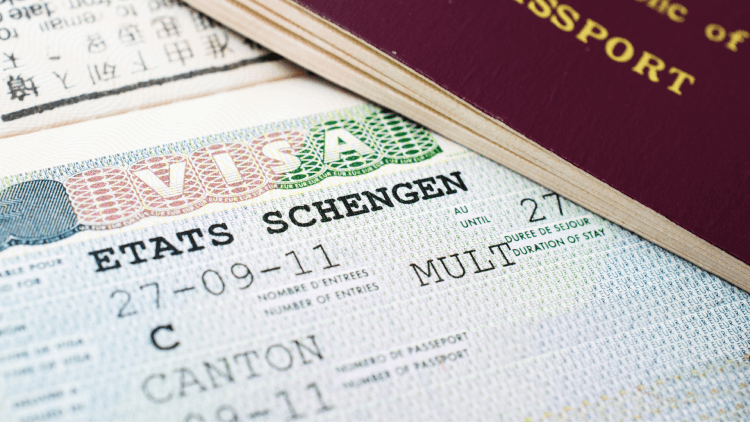
Visa requirements for France depend on your U.S. citizenship and the length of your stay:
U.S. citizens do not need a visa to enter France for stays of up to 90 days for tourism, business, or family visits.
For working, studying, or staying longer than 90 days, you'll need to apply for a visa.
You should also prepare for the France visa application process, as it may vary based on your specific situation.
3. Return or Onward Ticket
You may be required to prove you have a return or onward travel booked when you enter France.
4. Proof of Accommodation
You will need to include your hotel reservation details and the minimum daily cost of accommodation required, depending on the Schengen country you plan to visit.
For France, here is the requirement:
If you have a hotel reservation, it costs 65 euros per day.
If you do not have a hotel reservation to demonstrate, the fine is 120 euros/day.
If you have a partially booked accommodation: for the days you have booked, 65 euros per day; for the days you have not booked, 120 euros per day.
If you are staying with an individual, you’ll need a certificate of your stay with family, signed by the town hall in accordance with the inviter.
At the border, you must also show that you have the minimum daily accommodation (32.50 euros per person and day) besides this certificate.
5. Travel Insurance:
You must carry documentation of insurance that covers all medical or hospital expenses that may be incurred during your visits to France and also includes repatriation costs and expenses in case of death.
6. Proof of Financial Means
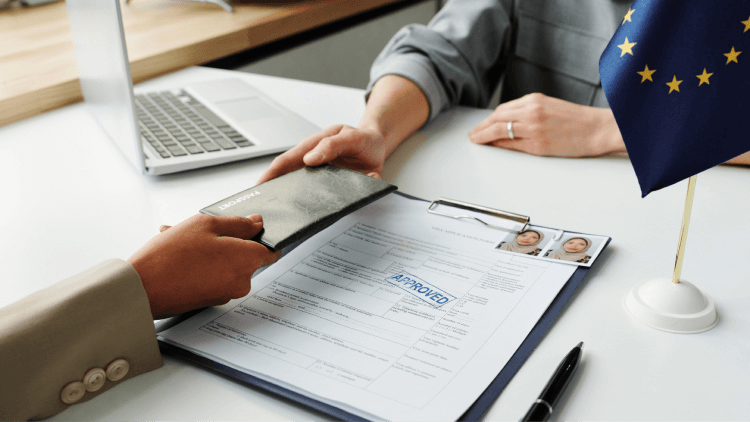
You may need to show you have the financial ability to support yourself while in France. This could be bank statements, cash, credit cards, or a letter of support if you plan to stay with a host.
7. Driver’s License
If you plan to hire a car while in France, your U.S. driver’s license is generally accepted. However, it may still be worth obtaining an International Driving Permit to use alongside your national license.
8. Health Advice and Vaccinations
Visit the CDC website before setting off to ensure you are up to date on any health advisories or required vaccinations for France.
This will keep you informed if there are any vaccinations (either routine or for specific health risks in France) you need.
CDC website:https://wwwnc.cdc.gov/travel/destinations/traveler/none/france
9. Minor Traveling Alone
If you are a resident of France under 18 who is travelling independently to France without a parent or legal guardian:
A letter of consent from at least one parent or guardian;
Your own ID card;
A copy of your parent/guardian's ID card;
Form number 15646*01, completed by your parent/guardian.
If traveling via France to South Africa, there are additional entry requirementsyou must meet. See: https://travel.state.gov/content/travel/en/international-travel/International-Travel-Country-Information-Pages/SouthAfrica.html
10. Traveling with Pets
If you are traveling to France with a pet, here’s what you need to do:
For dogs, cats, and ferrets:
Meet the EU's microchip and rabies vaccination requirements;
Obtain an EU Health Certificate from a certified veterinarian or military vet.
Get the EU Health Certificate certified by the United States Department of Agriculture (USDA).
For detailed regulations on additional animals, visit: https://www.aphis.usda.gov/pet-travel/us-to-another-country-export/pet-travel-us-france
Airlines or shipping services may have other rules and restrictions for the transport of pets. Please contact your airline or shipper for specific information.
Do You Need a Visa to Travel to France from the USA?
As mentioned earlier, whether you need a visa to enter France depends on the purpose and duration of your stay:
Short Stays Under 90 Days: No Visa for US Citizens
If you’re an American citizen, you can visit France without a visa for tourism or business purposes for stays of up to 90 days within any 180-day period. You will need to ensure your passport is valid for at least three months after your intended departure from France, and be able to prove return or onward travel, as well as sufficient funds and details of accommodation arrangements.
If you are not a US national, you will need to check the French visa application website for individual requirements for different nationalities.
Long-Stays Longer Than 90 Days
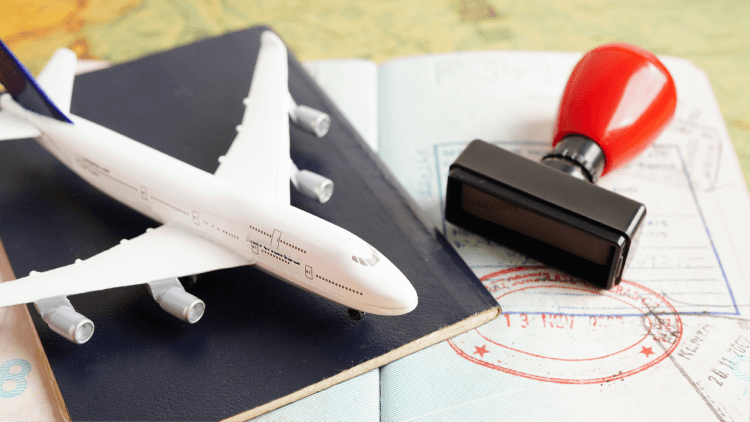
If you’re planning to live, work, or study in France, you will need a visa for a stay longer than the standard tourist allowance. Visit the official French visa application website for more details: https://france-visas.gouv.fr/en/web/france-visas/home
The type of visa will depend on the purpose of your long stay:
Long-term residency: A visa de long séjour is required for those wishing to settle in France rather than visit.
Work or Study: Specific visas exist for employment, taking up an internship, or studying in France, and may require proof of a job offer or your place on a course.
Family Reunification: If you are relocating to France to join family members already living there, you will require additional supporting documentation that shows your relationship.
Other Essential Items for Your Trip to France
While you’re in France, it’s wise to keep retain certain documents not just for convenience, but also in case they’re needed if you have to make an insurance claim, for instance. Key papers to keep organized include:
Shopping receipts: These may be used for tax refunds or warranties while you’re in France, so hang on to them.
Proof of entry: Boarding passes, entry stamps – anything that proves you recently entered the country may be required during your stay or future travels.
Medical papers: Keep hold of your medical receipts, prescriptions, or other files for making any insurance claims or follow-up consultations.
What to Pack for Your Trip to France
Aside from your travel documents, what else do you need to bring with you on your trip to France to ensure it is as smooth as possible and no essentials are left behind?
Connectivity Plans: Be aware of mobile connectivity options before you travel. eSim solutions such as iRoamly offer simple activation and local network access for short-term visitors using their existing devices.
Emergency Contacts: Have a list of emergency numbers to hand, including 112 for general emergencies and 15 for medical assistance.

Appropriate Clothing: The climate in the US is different from that of France. Considering the changing weather, bring a lightweight waterproof jacket and comfortable walking shoes so you can explore cities like Paris with ease.
Power Adapter and Voltage Converter: France uses 220-240 volts and plugs type C and E. You may need a voltage converter for U.S. appliances, which are generally 110-120 volts.
French Phrasebook/Translation App: Brush up on some basic French or have a translation app to help with interacting with locals.
Reusable Water Bottle: Keep refreshed with a reusable water bottle – tap water is safe to drink and many larger cities have public water fountains.
Medication/First Aid Kit: Don't forget any prescription medication and pack a small first aid kit, including plasters, painkillers, and motion sickness tablets.
Sun Protection: Essential in summer or when in southern France. Pack sunglasses, sunscreen and a hat.

Travel Insurance: Always have comprehensive travel insurance including health, theft, and trip interrupts.
Currency: France’s currency is the Euro (EUR). It’s recommended that you prepare some euros in advance and check the current exchange rate before you arrive.
Copies of Essential Documents: Backups of your passport, visa, travel insurance and other important paperwork.
Etiquette Guide: Read up on cultural norms to interact better with locals and enhance your experience.
Travel Apps: Download a navigation app, public transport information, restaurant review app and other helpful utilities before you fly out.
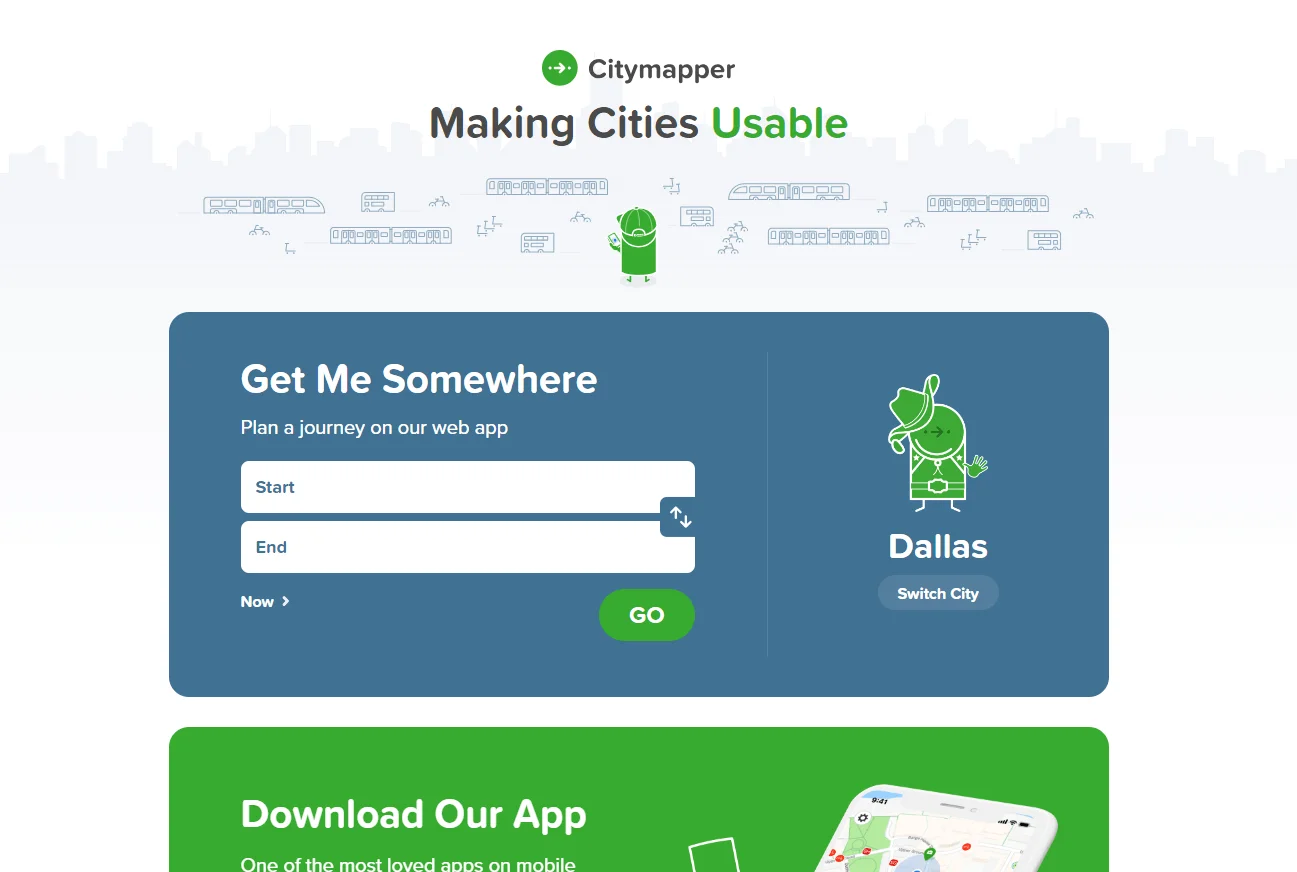
Having everything packed and ready will mean you are well prepared for a smooth and enjoyable stay in France.
FAQ
1. What documents do US citizens need to visit France?
Passport, proof of return/onward journey, sufficient funds, and details of where you will stay.
2. Do I need a Covid test for travel between the US and France?
Current health announcement suggests you may but details of test results vary. Consult the CDC guidance for up-to-date information.
3. What should I do to prepare for a visit to France?
Check you have all relevant documents and vaccinations, and read up on local customs and laws.
4. What paperwork will I need to visit Europe from the U.S.?
As of 2025, you will also need an ETIAS if visiting Schengen Area countries, in addition to a passport and possibly a visa depending on length of stay.
Summary:
Don't let the start of your French getaway be fraught – make sure you're ready to enjoy every minute.
With the right documentation and preparation, you'll be free to enjoy all that France has to offer.
From visa considerations and practical everyday tips while you're there, this guide has you covered, so there'll be no surprises or oversights when you arrive.
Bon voyage!
